What Is A CMS?
A CMS, or a Content Management System, by its name, lets you manage your website’s content through a centralized tool. While cPanel assists in managing your website’s server, the CMS is your website companion – in a way that it helps you create the overall look of your website and how it would appear to your visitors’ view.
Just like any other system, a CMS is not (entirely) automated. It does make (basically) everything easier for you though, instead of hard codes which may take years to learn, and even more years to master and apply. Even with minimal to zero knowledge in website coding and design, you can still build a functioning website with the help of a CMS. Most CMS already provide templates (pre-built website layouts) to help you get started, giving you ideas on how you want your website to look like. These platforms also give you suggestions as you go, to make the process smoother and enjoyable!
The Right CMS For You
WordPress is one of the more popular CMS. With its easy-to-use features and great compatibility with other website applications, it is surely the go-to CMS for website owners and content creators. You can learn more about WordPress in this article.
Despite its popularity, the choice is still up to you. You are not limited to selecting only WordPress as your website’s CMS. There are various CMS that you can check and try out – test which one you will grow more comfortable in using: What fits your needs better? What is more accessible to you?
Here are some other CMS that you can consider when building and managing your website’s content:
- Blogger. By its name, it appeals more to blog use – mostly for personal writing and content publishing. It is free to use under a blogspot domain.
- Shopify. This CMS is inclined more to business use, mainly eCommerce websites. Plugins such as payment platforms and shop linking (especially if you also have a physical store) are readily available to use.
- Wix. Wix’s popularity has also grown over the years, and it has proven to be very easy-to-use for first-time website creators.
- Joomla. As opposed to Wix, Joomla is more complex and suitable for experienced website creators and developers.






